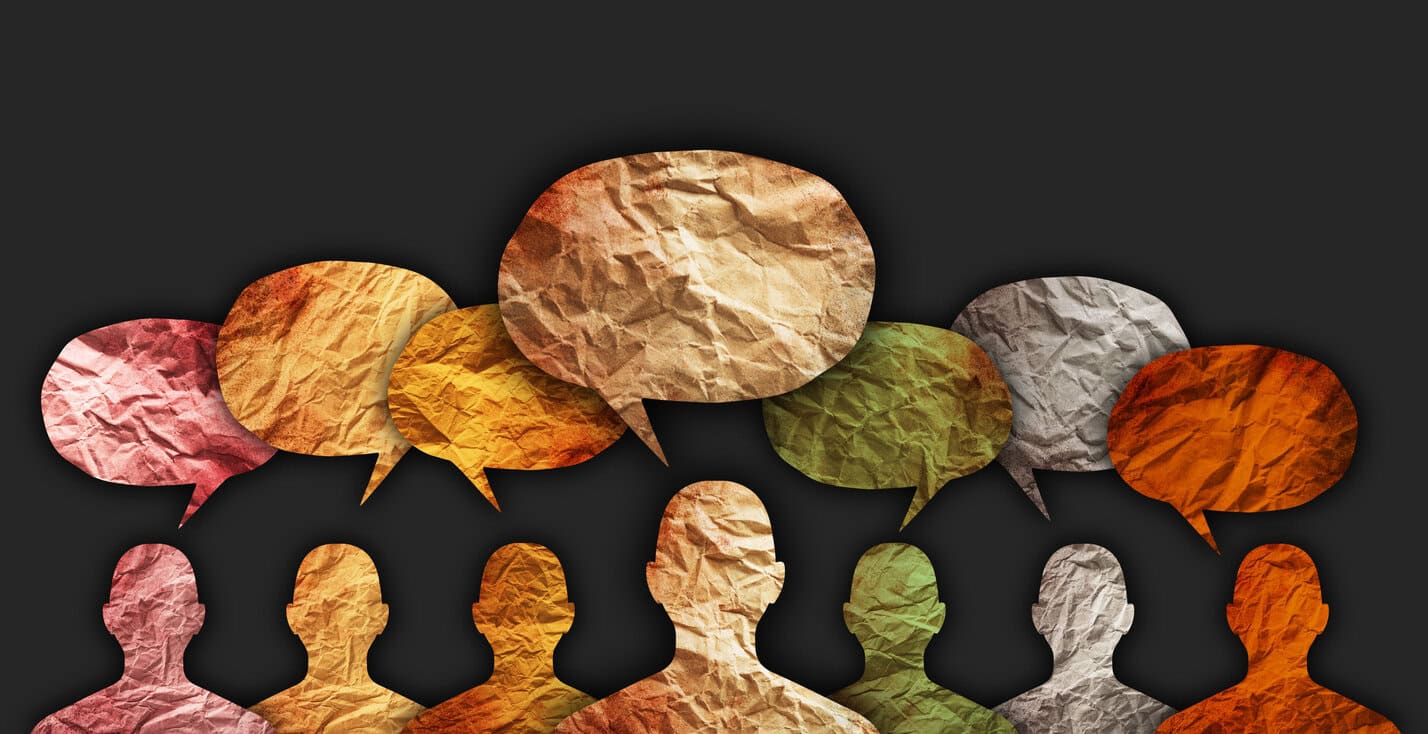From “howzit” to “just now,” local language shapes belonging and builds community through shared humour and understanding.

Having just moved into a new neighbourhood, a few things stood out to make me realise that we get “communitised” – is that a real word?
If not, I’m claiming it. Because as soon as I unpacked my kettle, I noticed the subtle signs: mysterious WhatsApp groups, flyers about “community clean-up Saturdays” and a lot of polite nodding from people who may or may not have been judging my recycling technique.
And then, the language thing hit me. Not just accents or slang, but the way words can either make you feel like you belong … or like you just ordered a flat white at a braai.
When you move into a new place and someone greets you with a cheerful “howzit!” and you respond with a formal “Good morning, sir”, you learn quickly: language is social currency. And my account was overdrawn.
A shared language – or at least mutual slang – is like the secret handshake of a neighbourhood.
You know you’ve made it when someone tells you about the local butcher using only nicknames and verbs and you don’t need a Google Translate.
ALSO READ: How ‘Muvhango’ celebrated Tshivenḓa in a time of little representation
You start decoding community notices like ancient scrolls. “Bring a plate” means food on a plate, not an empty one.
But once you get it, it’s magical. You’re in. People laugh at your jokes. The aunties smile at your dog. You are one of them.
And dialects? Oh boy. My neighbour said she would pop by “just now”.
I waited two hours. Turns out “just now” could mean “later”, “soon”, or “before the next ice age”, depending on regional variation.
Then there are the accidental insults. Like calling someone’s potjie “interesting”.
Or thinking someone named “Baba” is a baby, not a grown man who lifts bakkies for fun.
ALSO READ: MPs meet to address language exclusion in schools, but end up clashing over language use themselves
Here’s the good news: humour is a universal language. So is food. Miscommunication over language can be smoothed over with a shared laugh and a decent koeksister.
Communities that embrace multilingualism – or at least make space for everyone to muddle through – tend to be stronger and kinder.
Even better is when people make an effort to learn one another’s phrases. My neighbour taught me to say “lekker” with the proper enthusiasm.
In return, I taught him how not to panic when someone says “shame” – it’s not always bad news, it’s just how we show we care.
At the end of the day, whether it’s “hello”, “howzit”, or “ayoba”, it all means the same thing when it comes from a good place.
Support Local Journalism
Add The Citizen as a Preferred Source on Google and follow us on Google News to see more of our trusted reporting in Google News and Top Stories.






